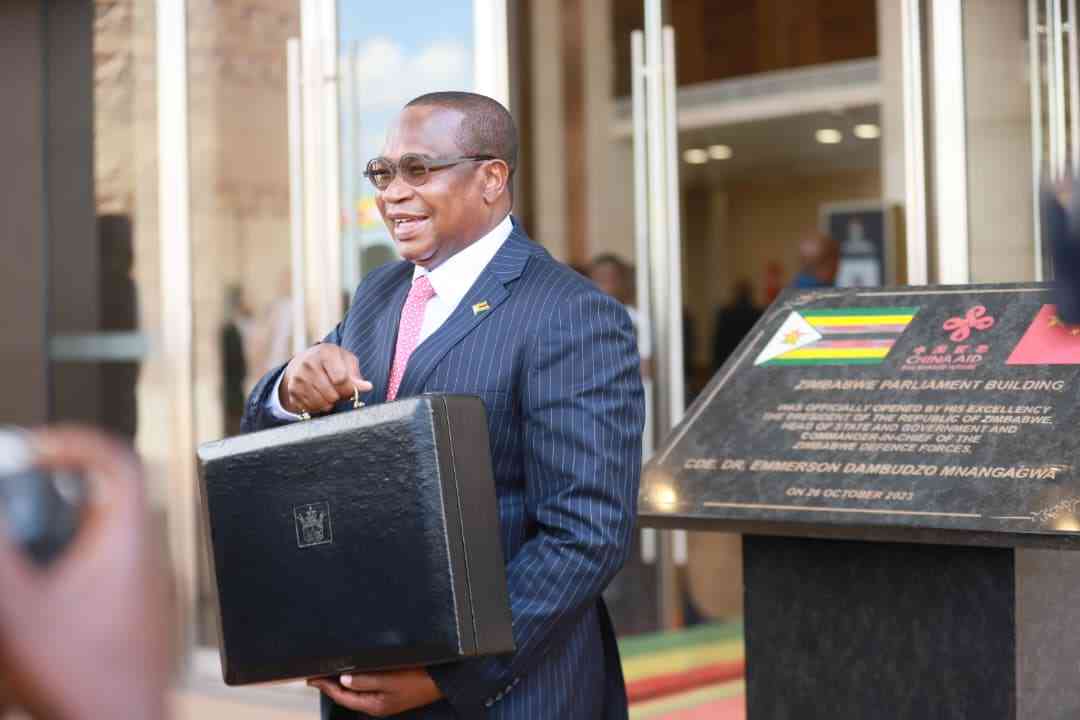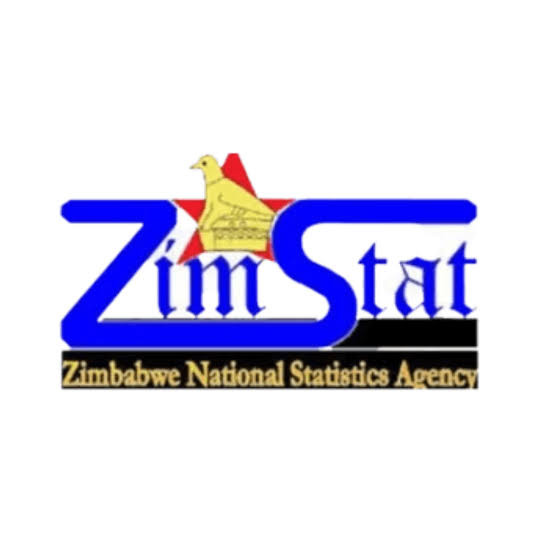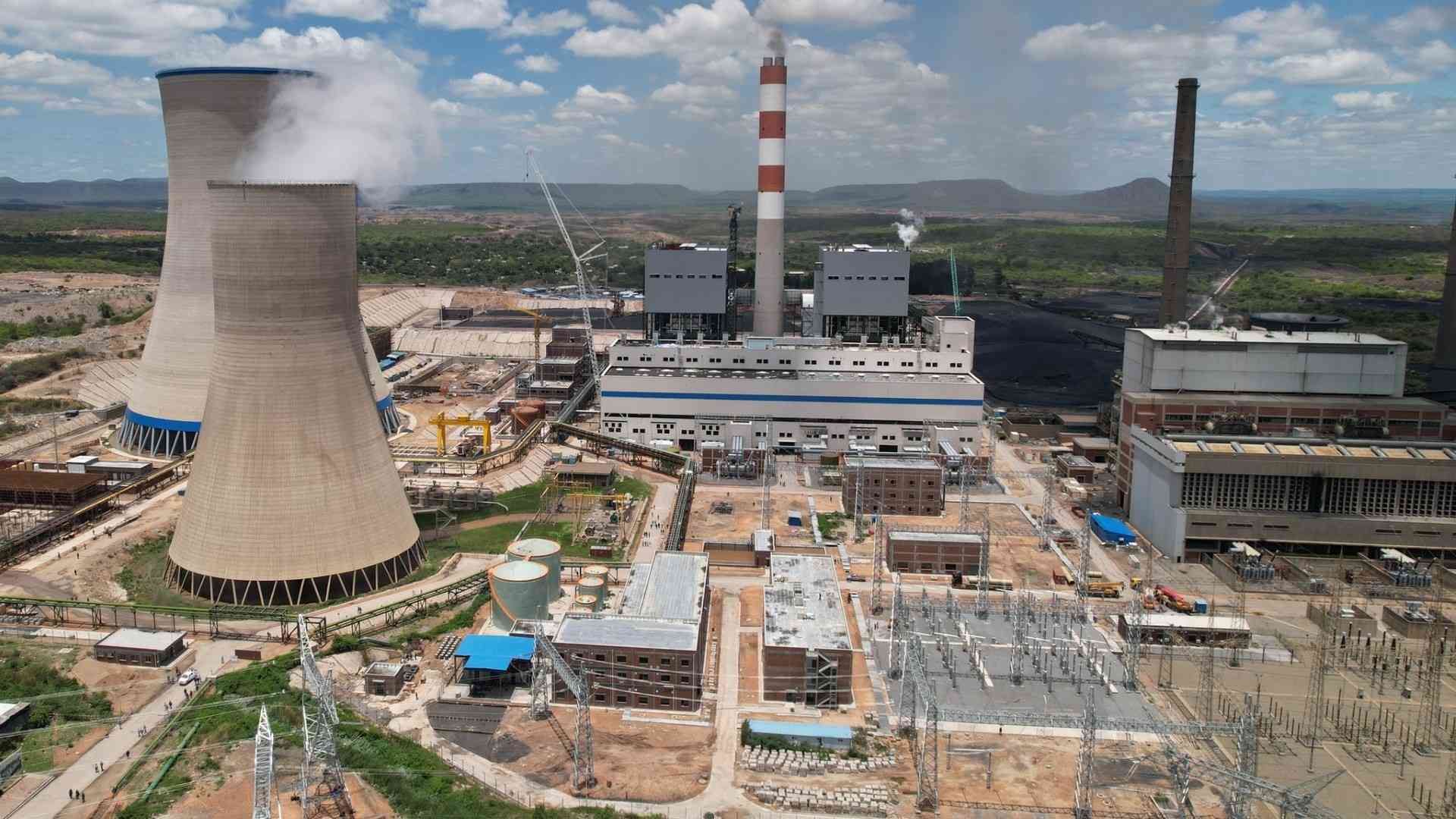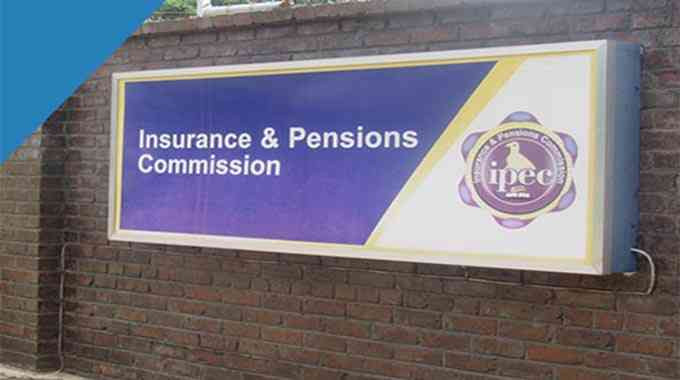
ZIMBABWE’S record ZiG47,4 billion (US$1,8 billion) allocation to the education sector in the 2026 National Budget has been dismissed as “inadequate” by teachers’ unions, who say the funding falls far short of addressing the deepening crisis in the country’s schools.
The vote for the ministry of Primary and Secondary Education, announced by Finance, Economic Development and Investment Promotion minister Mthuli Ncube yesterday, is the largest ever awarded to a social services ministry.
Ncube said the funding would cater for wage costs, provide basic education and support the construction and equipping of schools, especially in underserved communities.
“This will ensure that all students have access to education facilities, in accordance with international conventions,” Ncube said.
But educators swiftly pushed back, citing collapsing infrastructure, chronic shortages of classrooms and wide teacher deficits as evidence that the allocation is nowhere near enough.
Obert Masaraure, president of the Amalgamated Rural Teachers Union of Zimbabwe, described the vote as a “mockery” of the sector’s urgent demands.
“The allocation is inadequate and a mockery to the multiple demands from the schools,” Masaraure said.
“Our schools are on the verge of collapse, with big schools such as Cranborne High, which used to enrol more than 800 learners, now only accommodating 200.
- Budget dampens workers’ hopes
- Govt issues $24 billion Covid-19 guarantees
- Letter to my People:They have no answers for Nero’s charisma
- ZMX to enhance farm profitability
Keep Reading
“We are neck-deep in crisis, and we expected a budget that prioritises service delivery ahead of profit,” he added.
Analysts also argue that even a historic cash injection cannot reverse decades of under-investment, warning that without tackling long-standing structural weaknesses, the new funding may have limited impact on the ground.
Responding to the criticism, ministry of Primary and Secondary Education spokesperson Taungana Ndoro defended the allocation, saying the government had consistently prioritised the sector.
“Year in, year out, we receive the lion’s share of the national budget, thanks to President (Emmerson) Mnangagwa, who prioritises education,” Ndoro said.
“A robust education system is essential to achieving Vision 2030.”
Other social ministries also received sizeable allocations, though observers noted persistent execution challenges in previous years.
The Health and Child Care ministry was allocated ZiG30,4 billion (US$1,16 billion) to strengthen primary healthcare and expand rural health infrastructure, while Public Service, Labour and Social Welfare received ZiG12,7 billion (US$485,1 million) for programmes targeting vulnerable populations — an area experts say is plagued by distribution inefficiencies.
Higher and Tertiary Education was granted ZiG10,3 billion (US$393,4 million) to support the Education 5.0 programme, which is less than the ZiG19,7 billion (US$752,4 million) allocated to the ministry of Defence and ZiG11,01 (US$420,5 million) to the Office of the President and Cabinet.
The Youth Empowerment ministry received ZiG1,7 billion (US$64,9 million) for initiatives including EmpowerBank.
l Foreign exchange rate as at November 27: US$1:ZiG26,18










